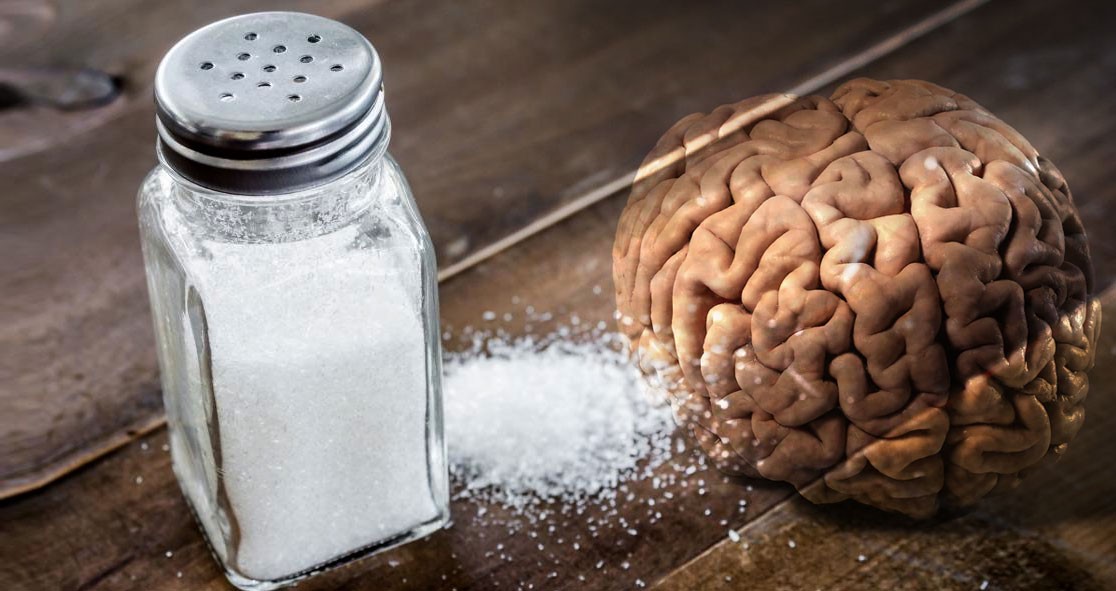A new study led by researchers at Georgia State University has revealed some surprisingly new information about the association between neuron activity and blood flow in the brain. It also revealed how the brain is affected by salt consumption, according to Science Daily.
Lead author Dr. Javier Stern and his team developed a new approach that combines surgical techniques and state-of-the-art neuroimaging. They focused on the hypothalamus, a part of the brain involved in body functions such as eating, drinking, body temperature regulation, and reproduction.
The researchers, who published their findings in the journal Cell Reports, examined how salt intake changed blood flow to the hypothalamus.
Dr. Stern said, “We chose salt because the body needs to control sodium levels very precisely. We even have specific cells that detect how much salt is in your blood. When you ingest salty food, the brain senses it and activates a series of compensatory mechanisms to bring sodium levels back down.”
And the body does it by activating neurons that trigger the release of an antidiuretic hormone called vasopressin, which plays a key role in maintaining the proper salt concentration.
In contrast to previous studies that have observed a positive link between neuron activity and increased blood flow, the researchers found a decrease in blood flow as the neurons became activated in the hypothalamus, according to Science Daily.
Dr. Stern explained, “The findings took us by surprise because we saw vasoconstriction, which is the opposite of what most people described in the cortex in response to a sensory stimulus. Reduced blood flow is normally observed in the cortex in the case of diseases like Alzheimer’s or after a stroke or ischemia.”
“When we eat a lot of salt, our sodium levels stay elevated for a long time,” he added. “We believe the hypoxia is a mechanism that strengthens the neurons’ ability to respond to the sustained salt stimulation, allowing them to remain active for a prolonged period.”
The study findings have raised interesting questions about how high blood pressure (hypertension) may affect the brain.
Dr. Stern noted, “If you chronically ingest a lot of salt, you’ll have hyper-activation of vasopressin neurons. This mechanism can then induce excessive hypoxia, which could lead to tissue damage in the brain.”
“If we can better understand this process, we can devise novel targets to stop this hypoxia-dependent activation and perhaps improve the outcomes of people with salt-dependent high blood pressure,” he added.






















